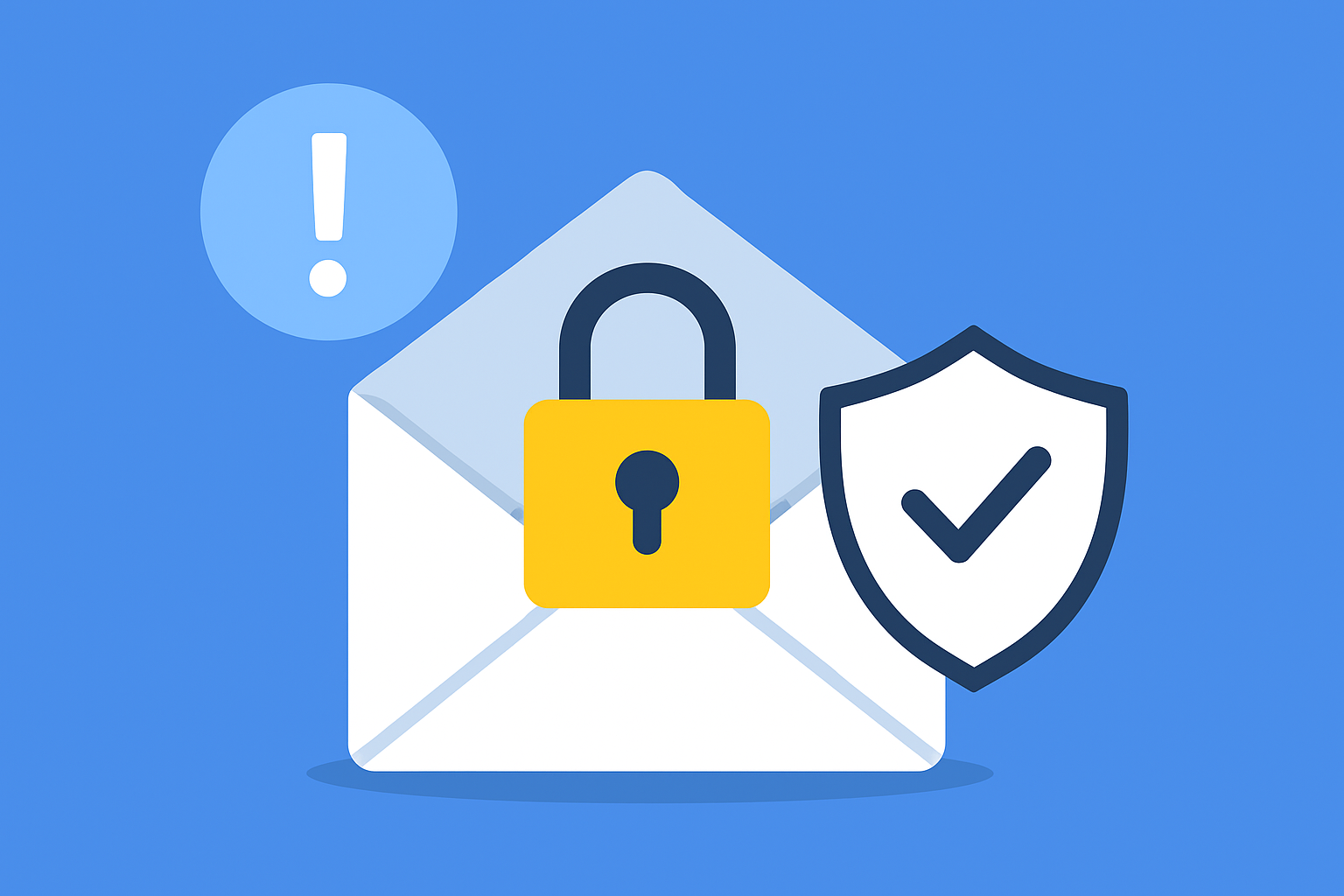Introduction
In Pakistan the cybercrime rate is growing rapidly because more and increasing numbers of people use digital platforms for shopping, banking as well as education and work. Particularly, email accounts are becoming the most targeted targets of hackers since they are the main platform for all digital actions. If your email account is compromised, hackers could gain access to your Facebook and Twitter accounts, bank applications, or even your sensitive information about your business. It is essential to recover quickly in limiting damage and safeguarding your personal information.
Why Hackers Target Emails
Experts in cybersecurity from Pakistan provide an explanation of how your email account acts as an account that acts as the “master key” to your internet life. If a hacker is able to gain access to your email account, they are able to:
- Change your passwords to other accounts.
- You can steal financial and personal data.
- You can send phishing emails to the people you know.
- Invoke you as a fraudster to commit the crime.
Cities such as Karachi, Lahore, and Islamabad The Federal Investigation Agency (FIA) Cybercrime Wing reports that hacking emails is among their most frequent complaints that they get. But the best part? By taking the appropriate steps, you’ll be able to gain control of your security and improve it.
Quick Recovery Plan for Hacked Email Accounts
1. Act Fast and Change Passwords
First, you need changing the password for your email immediately. Make sure you choose a password that is secure and has the use of uppercase and lowercase letters, numbers and symbols. Beware of reusing passwords from previous ones.
2. Check Recovery Options
Make sure you update your recovery number as well as the backup email address. It will allow you to restore your account even when hackers try to block your account out.
3. Log Out on All Devices
Utilize your security settings for your email account to sign out from all devices associated with your account. The process will keep hackers away even if they’re nonetheless logged into.
4. Review Account Settings
Hackers frequently add tricks such as:
- Rules for forwarding which secretly forward your emails to their addresses.
- Filters that are suspicious which block alerts that are important.
- Modified security questions to lock you from the outside.
Check and change all settings back to their normal.
5. Notify Your Contacts
If the hacker sends emails that are spammed or fraudulent from your account, inform those you know not to follow links or provide personal information. You as well as them.
6. Secure Linked Accounts
Your email may be linked to multiple services, make sure you change the passwords for your social media, banking as well as shopping accounts. The update will prevent hackers from accessing the accounts using compromised email.
Cybercrime Trends in Pakistan
The Pakistan Telecommunication Authority (PTA) and FIA warn that the number of cybercrimes is increasing each year. A lot of victims confess having the same password for several platforms and ignoring the two-factor security (2FA). According to experts, this is among the of the most common mistakes that individuals commit.
Tips for Staying secure From Future Hacks
- Create unique, complicated passwords for each account.
- Allow Two-Factor authentication (2FA) on your bank and email apps.
- Check your login activity through your account’s setting regularly.
- Do not use Wi-Fi in public areas for delicate tasks such as buying or banking.
- Be aware of fraudulent websites and avoid clicking on unknown URLs.
Conclusion
The process of recovering an email that was compromised can seem stressful, but resolving the issue promptly can help limit the damages. If you change your password, protecting the settings of your account, and notifying your contacts, you’ll be able to restore control in only several minutes. Additionally, adopting solid security practices will ensure your safety for the long term. Today, in the digital age of Pakistan security, securing your email means protecting your whole online identity.















